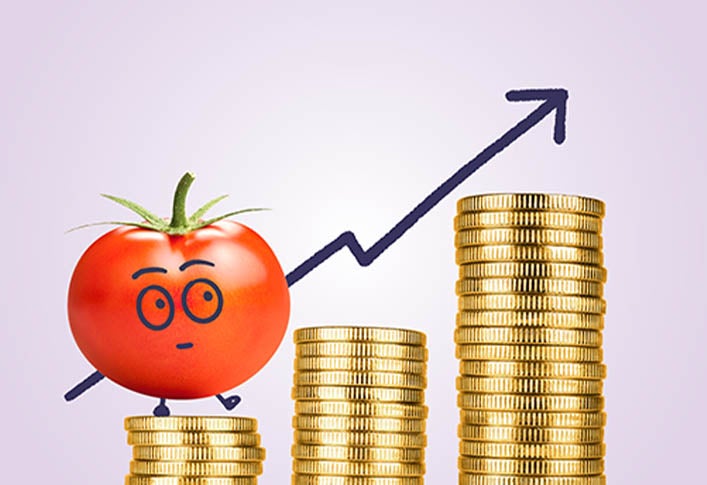Posted by on
16/06/2023
Mortgage holders got a shock in June when the RBA delivered another 0.25% rate hike. This was the 12th hike out of 13 meetings, and takes the cash rate to an 11-year high of 4.10%. Most professional pundits were caught off-guard by the move, with expectations of a hold in interest rates being the popular bet amongst interest rate traders and economists. Nevertheless, it isn’t all bad news. The media understandably focuses on the negatives from higher interest rates: namely the impacts on households and firms carrying heavy debt loads. But it’s worth remembering that only about one third of Aussie households actually have a mortgage at all. The other two-thirds, made up of people who have paid off their house already, and people who are saving to buy, are likely to be winners from higher interest rates. That’s because higher rates can mean that they get a better return on their hard-earned savings.
While the low rates period between 2012 and 2022 might have been great for borrowers, it was a pretty grim time for many older Australians who were trying to live off of their savings, and for young people trying to save up a house deposit. Low interest rates forced retirees to take on more risk to earn the necessary yields to fund themselves. In those days, term deposits and savings accounts didn’t offer much of a return, so savers had to put their money to work in the share market or the property market, which opened them up to the risk of making a loss. Times have changed though, and we are now returning to interest rates that some more seasoned investors would consider to be ‘pretty normal’.
Of course, the whole reason why interest rates have been going up is because inflation is high. High inflation rates erode the real value of people’s income and savings, because in periods of high inflation it takes more money to buy the same basket of goods than it did yesterday. At last measurement, inflation in Australia is running at 7%. This is past the peak, and should continue to fall as cumulative rate hikes take the heat out of the economy. The RBA expects inflation to reach 4.5% by year end, and 3.6% by the middle of next year. If that’s the case, that could mean that many of the term deposits being offered in the market today will be providing investors with a return that exceeds the rate of inflation. That would be very welcome news for savers.
Here at Rabobank, we are expecting one more rate hike from the RBA before they put the cue in the rack. That would take the cash rate up to 4.35%, but interest rate markets tend to be forward-looking. So, while ‘at-call’ style savings accounts would likely benefit from another rate hike, future rate rises may already be ‘in the price’ to some degree for some term savings products. If the RBA is correct, and inflation does begin to fall rapidly, that could mean that interest rates also start to fall sometime next year. This would most likely be reflected in term deposit rates ahead of any action from the RBA.
The road ahead remains uncertain, but the outlook appears positive for savers after many years of low yields.
Author: Ben Picton, Rabobank, Senior Strategist, Global Economics & Markets
Disclaimer: The information in this article is not general or personalised professional advice and has not been prepared to be used as the basis for, and should not be used as the basis for, any financial or strategic decisions.
